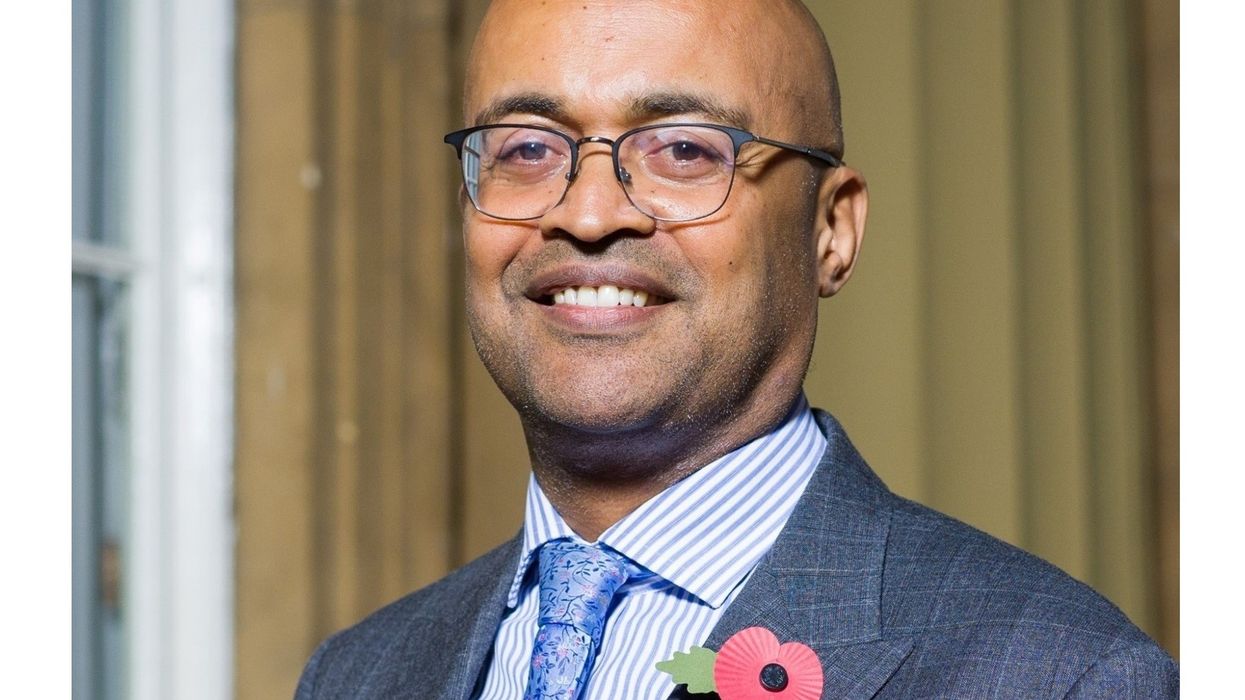"Ministers must now urgently table the long trailed new deal for community pharmacy"
By Paul Rees, former chief executive of the National Pharmacy Association (NPA)
When former Health Secretary Matt Hancock gave evidence to the Covid public inquiry he let the cat out of the bag.
He said: “NHS England is by tradition really very tight on pharmacists.
"There is…inbuilt into NHS England a lack of enthusiasm for giving more to community pharmacists than they absolutely have to and that’s born of the fact that their main relationship is a contractual negotiation.”
This revelation was no surprise to any community pharmacy contractor whatsoever – as pharmacy owners have known for a many a year that they are treated differently to other clinicians providing NHS services.
They are also treated antithetically to the private contractors who run GP practices. Unlike pharmacy contractors, GP contractors are seen by the system as precious, important people who should be cherished. They have their estate paid for the by NHS. They have their IT paid for by the NHS. They have additional roles given to them through ARRS. And they are given protected learning time.
Community pharmacy owners, on the other hand, are treated by NHS England as the poor relations. And they are fed up with it.
They want to be treated with respect, as people providing vital clinical services and not just as a cost centre that needs to be managed through endless, swingeing efficiency savings.
While doctors have traditionally been prepared to go on strike and man the barricades, community pharmacy owners are traditionally service-orientated people and have tended to prioritise continuing to deliver medicines and clinical services to their neighbourhoods through thick and thin.
However, as it has become increasingly clear that pharmacy owners are merely an after-thought – a situation made all the more plain through the fact that, at the time of writing, there is still no deal in place for 2024/25 – contractors are increasingly deciding that it’s time to fight back.
During the last year, the NPA has provided the focal point for the growing sense of anger and frustration among contractors, through the Save Our Pharmacies campaign.
Back in the spring, we issued posters, stickers and petition sheets to pharmacy teams – and called on them to take part in the first ever day of action in community pharmacy on 20 June.
Around 6,000 pharmacies took part, turning out the lights, blacking out the windows, and asking their staff to wear black.
Then, on 19 September, we held a second day of action – and announced we were going to ballot members in England, Wales and Northern Ireland on withdrawing some services.
We achieved blanket national TV and radio news coverage, with, our Chair Nick Kaye appearing on Radio 4’s Today programme and BBC Breakfast News, our Vice Chair Olivier Picard appearing on ITV News and my being interviewed on ITV’s Good Morning Britain.
On the same day, Nick (Kaye) and I led a cross-sector delegation – including CPE, the CCA and CPNI – to deliver the Save Our Pharmacies petition to Number 10 Downing Street.
We wanted the delegation to include other organisations because while the sector continues to have a multiplicity of representative bodies, it’s vital that we all work together in the spirit of unity and show a united front.
When we published the results of our poll on 14 November, we were amazed to see an incredible 63.5 per cent of eligible members took part.
This is one of the highest turnouts in any trade association ballot ever.
The strength of the ‘yes’ votes in favour of taking action – with measures such as reducing to core hours – was incredible, with most responses being in the high 90 percentage points.
We were the lead story on BBC1 Breakfast News and Virgin Radio, third top story on BBC Radio 4’s Today programme and fourth top story on the BBC news website.
It was one of the biggest media stories highlighting the funding crisis in community pharmacy in living memory.
Our campaign has put the issue of the funding crisis on the political agenda and into the national consciousness.
Our ballot has given community pharmacy contractors a voice and shown that the sector is prepared to take a stand: just like the doctors.
Ministers must now urgently table the long trailed new deal for community pharmacy. This deal must put right a decade’s underfunding and provide a clear path ahead to reform and better funding, so that we never get back into this sorry state.
The new deal needs to kickstart a revolution in the way pharmacies are seen. They need to have a key role in the primary care sector – and be seen as the real frontline in health care, just as they are in so many other parts of the world.
If there’s no new deal forthcoming, we’ll be forced to call action in the coming weeks. Now we’ve learned to make a noise and demand respect, we need to stay true to this new approach.
As you may know, on 16 January I will be leaving the NPA.
I’ve loved my time at the NPA – helping it modernise and become a high-profile fighting force campaigning for a fair deal.
But sometimes you get an opportunity you can’t ignore. While it’s a real wrench, the pull of working as NMC Interim Chief Executive and Registrar, on a 12-month contract, and helping it eliminate racism and bullying from within the organisation, embed a positive and inclusive culture, and improve patient care through the regulation of, and support for, nurses, midwives and nursing associates is just too great.
As I move to another part of healthcare, I know I’ll always carry a torch for community pharmacy.
And I know the NPA will continue its high-profile fight for the sector long after I’ve gone.













